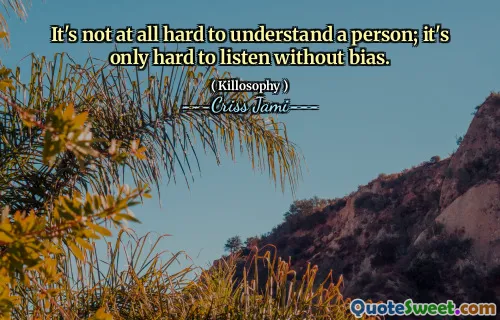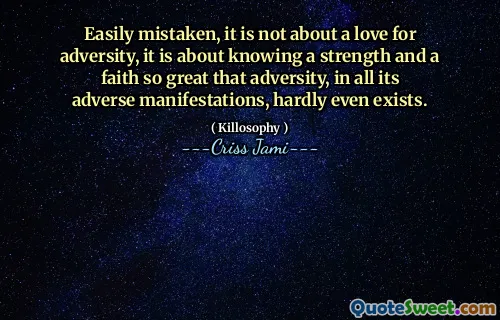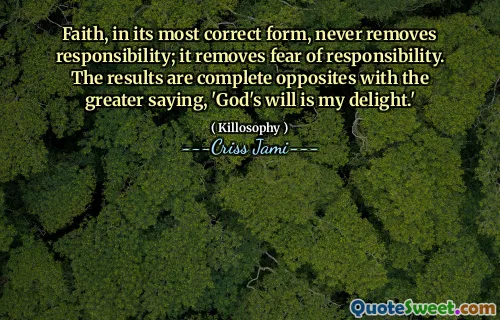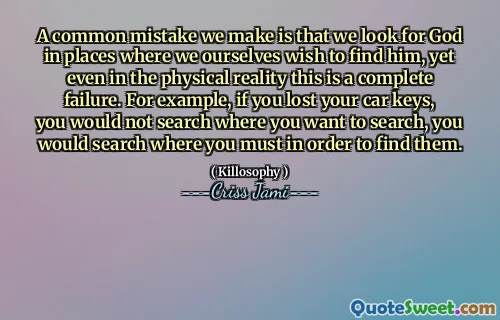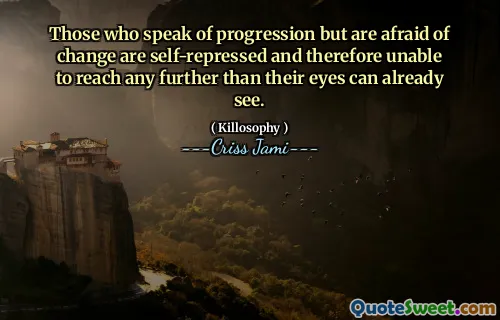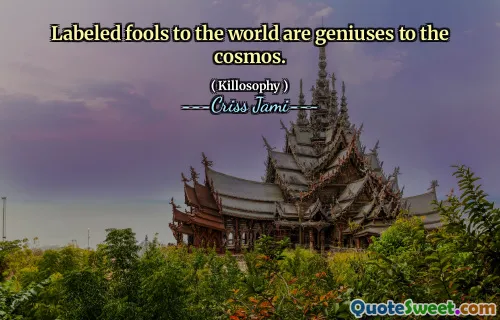
As a poet there is something about joy I find hard to express, whereas every other emotion is rather simple. For instance, you never feel so bad that you can't describe how bad you feel, but joy on the other hand is far too divine for human language.
Humans have long grappled with the challenge of articulating profound emotions, especially those that transcendentally touch the divine. This quote highlights a fascinating paradox: while negative emotions like sorrow or anger are clear and often easily conveyed because their intensity leaves an unmistakable imprint, joy resists such directness. Joy, being a sublime experience, tends to elude the confines of language — it is a fleeting, almost sacred state that defies complete capture through words. As a poet, Criss Jami acknowledges this difficulty, which resonates with the universal human pursuit of expressing feelings that surpass ordinary speech. The difficulty lies in the nature of joy itself; it is an elevation of the soul that often needs to be felt rather than explained. The idea suggests that precious moments of happiness possess an ineffable quality—those rare instances when language feels insufficient to do justice to the experience. This underscores the importance of emotional authenticity in art and poetry, as words may only approximate the depths of such divine feelings. Furthermore, it reminds us that some of the most profound aspects of human experience are rooted in the intangible—something to be felt deeply rather than dissected with vocabulary. Embracing this limitation may allow us to appreciate the silent, transcendent moments in our lives, recognizing their divine nature despite the inadequacy of language to fully encapsulate them.
